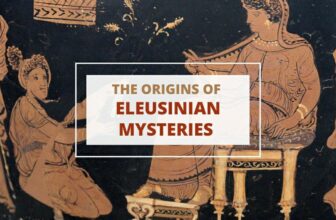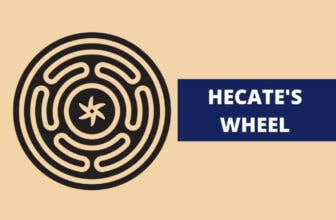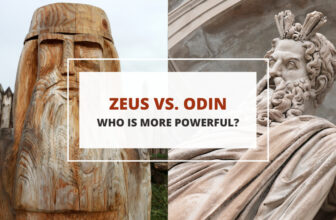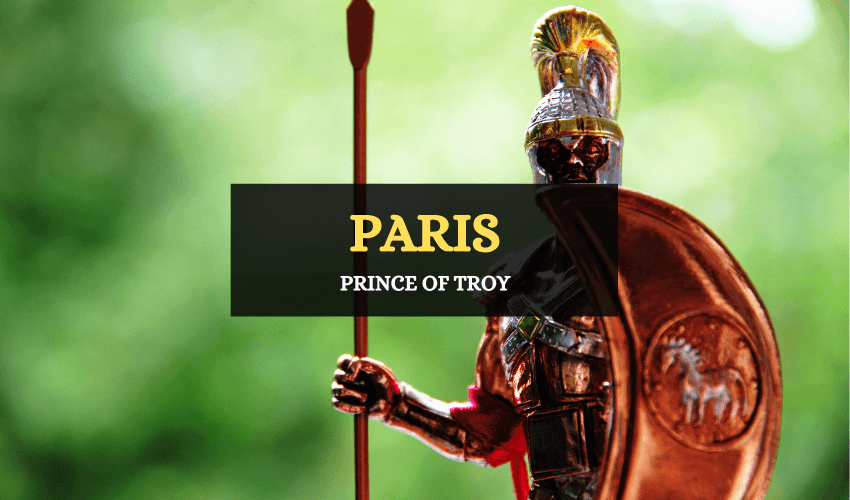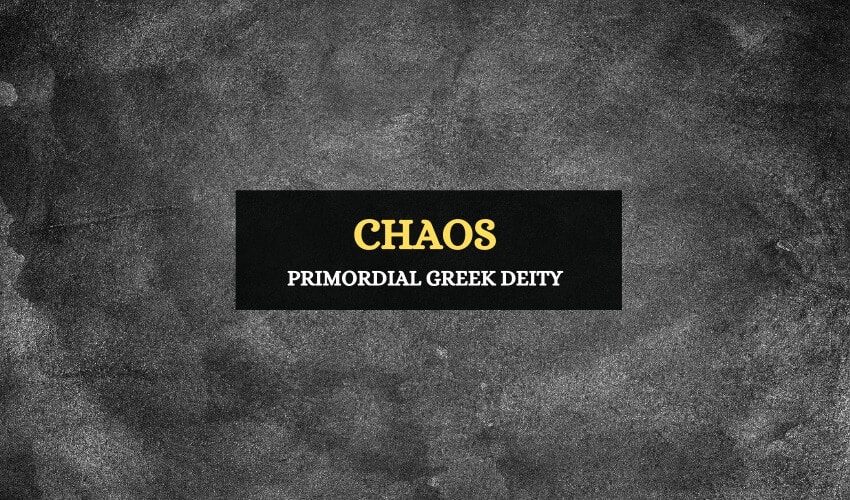
Table of Contents
In Greek mythology, Chaos was an ancient concept, meaning infinite darkness, emptiness, abyss, chasm, or a wide-open space. Chaos didn’t have any particular shape or form, and the ancient Greeks viewed it as both an abstract idea and a primordial deity. Unlike other gods and goddesses, the Greeks never worshipped Chaos. Chaos was known to be a “deity without myths”.
Let’s take a closer look at Chaos, and who this deity was.
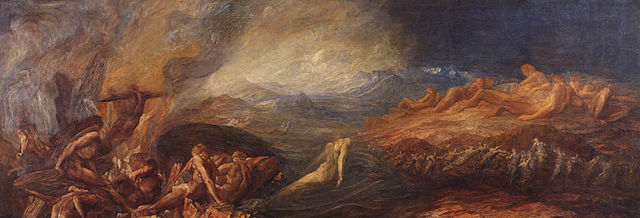
Chaos in Greek Tradition
According to the Greeks, Chaos was both a location and a primordial deity.
1. Chaos as a location:
As a location, Chaos was situated either in the space between heaven and earth, or the lower atmosphere. Some Greek poets even claimed it to be the gap between heaven and hell, where the Titans were banished by Zeus. Irrespective of where it was located, all Greek writers described Chaos as a messy, dark, misty, and gloomy place.
2. Chaos as the first goddess:
In other Greek myths, Chaos was a primordial deity, who preceded all other gods and goddesses. In this context, Chaos was normally described as female. This deity was the mother, or grandmother of Erebus (darkness), Nyx (night), Gaia (earth), Tartarus (underworld), Eros, Aither (light), and Hemera (day). All of the major Greek gods and goddesses were thought to be born from the divine Chaos.
3. Chaos as elements:
In later Greek narratives, Chaos was neither a goddess, nor an empty void, but a space that contained an amalgamation of elements. This space was known as the “original element” and paved the way for all living beings. Several Greek writers referred to this original element as the primeval Mud of the Orphic Cosmologies. Additionally, Greek philosophers interpreted this Chaos as the very foundation of life and reality.
Chaos and Greek Alchemists
Chaos was a very important concept in the ancient practice of alchemy and was a chief element of the philosopher’s stone. Greek Alchemists used the term to represent emptiness and matter.
Several prominent alchemists, such as Paracelsus and Heinrich Khunrath, have written texts and treatises on the concept of Chaos, citing it as the most important primordial element of the universe, from which all life originated. Alchemist Martin Ruland the Younger, also used Chaos to refer to an original state of the universe, wherein, all rudimentary elements were mixed together.
Chaos in Different Contexts
1. Chaos and Christianity
After the arrival of Christianity, the term Chaos began to lose its meaning as an empty void, and instead came to be associated with disorder. In the book of Genesis, Chaos is used to refer to a dark and confused universe, before god’s creation of the skies and earth. According to Christian beliefs, god brought orderliness and stability to a universe that was messy and unorderly. This narrative changed the way Chaos was viewed.
2. Chaos in German Traditions
The concept of Chaos is also known as Chaosampf in German traditions. Chaosampf refers to the struggle between god and a monster, usually represented by a dragon or serpent. The idea of Chaosampf is based on the myth of creation, wherein God battles the monster of confusion and disorder to create a stable and orderly universe.
3. Chaos and Hawaiian traditions
According to Hawaiian folklore, the three most supreme deities lived and thrived within the chaos and darkness of the universe. This is to say that these goddesses were present since time immemorial. The powerful trio eventually shattered the void and created the sun, stars, heaven, and earth.
Chaos in Modern Times
Chaos has been used in modern mythological and religious studies, to refer to the original state of the universe before god created heaven and earth. This notion of Chaos comes from the Roman poet Ovid, who defined the concept as something shapeless and unordered.
The contemporary use of the word Chaos, meaning confusion, originated with the rise of modern English.
In Brief
Although the Greek concept of Chaos has several meanings in various cultures and traditions, it is universally acknowledged as the origin of all life forms. Despite the fact that there is not much information on the concept, it continues to be a desired idea for research and exploration.




